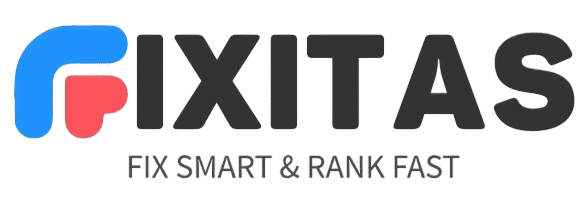In the UK road transport network, approximately one in three freight vehicles still runs empty. Government figures show that 29.9 per cent of lorries travel without a load, a figure that has barely changed over the past year. To me, that statistic highlights the scale of inefficiencies in the system – and the opportunity to change it.
At FLS Group, we’ve built our business on using technology to eliminate those inefficiencies. By focusing on the intelligent use of data, we reduced idle mileage in our operations and cut carbon emissions by 600,000 kilograms last year. This was achieved without changing the type of fuel or introducing electric vehicles. This was entirely a result of better freight management.
This is where digital innovation comes into its own. Logistics has always been about moving goods from A to B, but the challenge of sustainability now means every kilometer counts. Customers, regulators and investors all expect businesses to demonstrate that they are on a credible path to net zero.
For many people, understanding scope one and scope two emissions is manageable, because they are direct. Where it becomes more difficult is in scope three, indirect emissions associated with suppliers and partners. This is the world I work in and I have lived the same journey that many of our customers are facing now.
Scope three is where freight traffic occurs, and where businesses often feel most exposed. Manufacturers are still required to transport goods, but emissions may be out of their control once it leaves their premises. What we are doing is bringing those emissions back into focus, providing accurate data that gives clarity and accountability to businesses.
Our Emissions Manager product is a good example of this. Developed working on the Welsh Government’s Smart Flexible Innovation Support (FIS) scheme, it connects directly to the DVLA system via an API, allowing us to capture up-to-date emissions data for each haulage firm moving freight. That information is accredited under the Global Logistics Emissions Council framework, meaning businesses have the assurance that their reporting is accurate and globally recognized.
The result is that a manufacturer can, with confidence, look at the scope of the three emissions generated from its freight movements. For our freight partners, this means they can demonstrate compliance and contribute to their customers’ sustainability goals. And for us, this represents a shift from simply providing a service to enabling measurable carbon reductions.
This is the kind of change that digital tools make possible. By incorporating innovation in logistics, we can tackle systemic inefficiencies as well as create value for customers. Empty mileage isn’t just a carbon problem – it’s a cost problem. Each unnecessary journey consumes fuel, causes wear and tear on vehicles and increases driver working hours. Reducing it makes environmental sense, but it also improves productivity.
The same applies to emissions reporting. Businesses face increasing scrutiny from their stakeholders, and Scope Three reporting is no longer optional. Having reliable, validated data at hand means they can rise to that challenge, reassure their investors, and continue to trade competitively in a market where sustainability is increasingly becoming a license to operate.
None of this has been achieved in isolation. I am grateful for the role that organizations such as the Development Bank of Wales and the Welsh Government have played in making this journey possible. The Development Bank of Wales supported us in the early years, providing finance that helped us grow. Recently, the Smart FIS program supported us to build an emissions manager and bring it to market. This type of support is vital if Wales is to develop more innovative companies capable of making a real impact on sustainability.
Digital innovation will not remove the need for alternative fuels or new vehicle technologies, but it can deliver significant carbon savings in the here and now. In freight and logistics, where margins are tight and environmental pressures are increasing, this is a powerful lever for change. My experience tells me that businesses that adopt this will not only reduce their emissions, but they will also run leaner and more productive operations.
Ieuan Rosser talks about this and more in the Wales Tech Week podcast episode Tech for the Planet: Why digital innovation is the key to sustainability. Listen to the podcast here.
Tech for the Planet is one of the key themes of Wales Tech Week, which takes place from 24 November to 26 November 2025 at ICC Wales, Newport. Find out more here:https://www.walestechweek.com/

